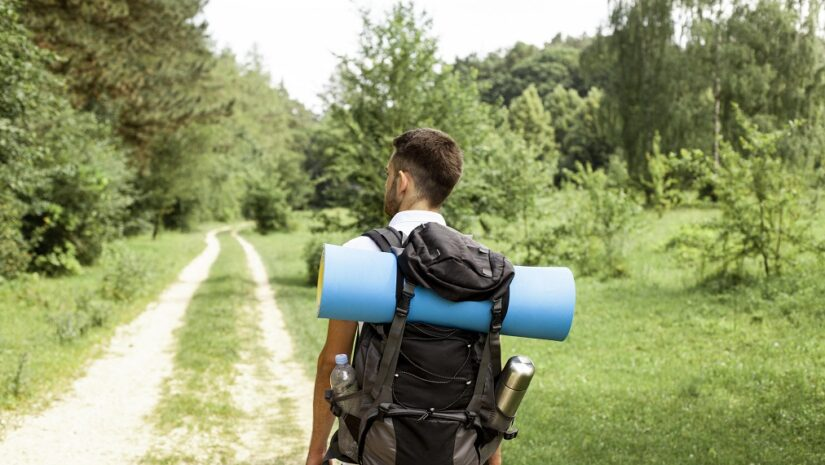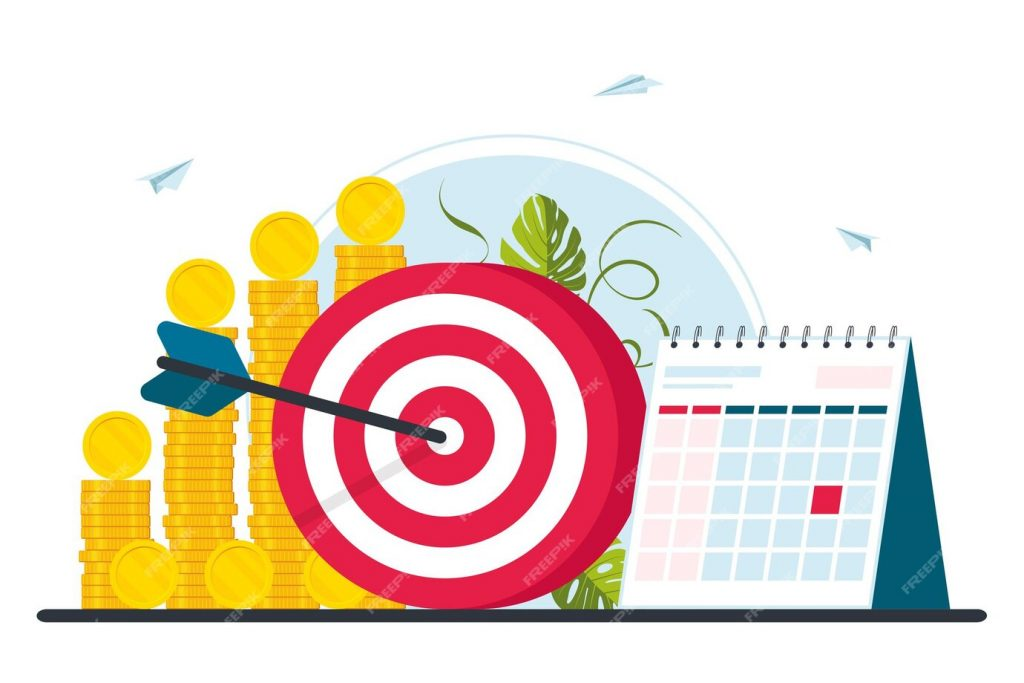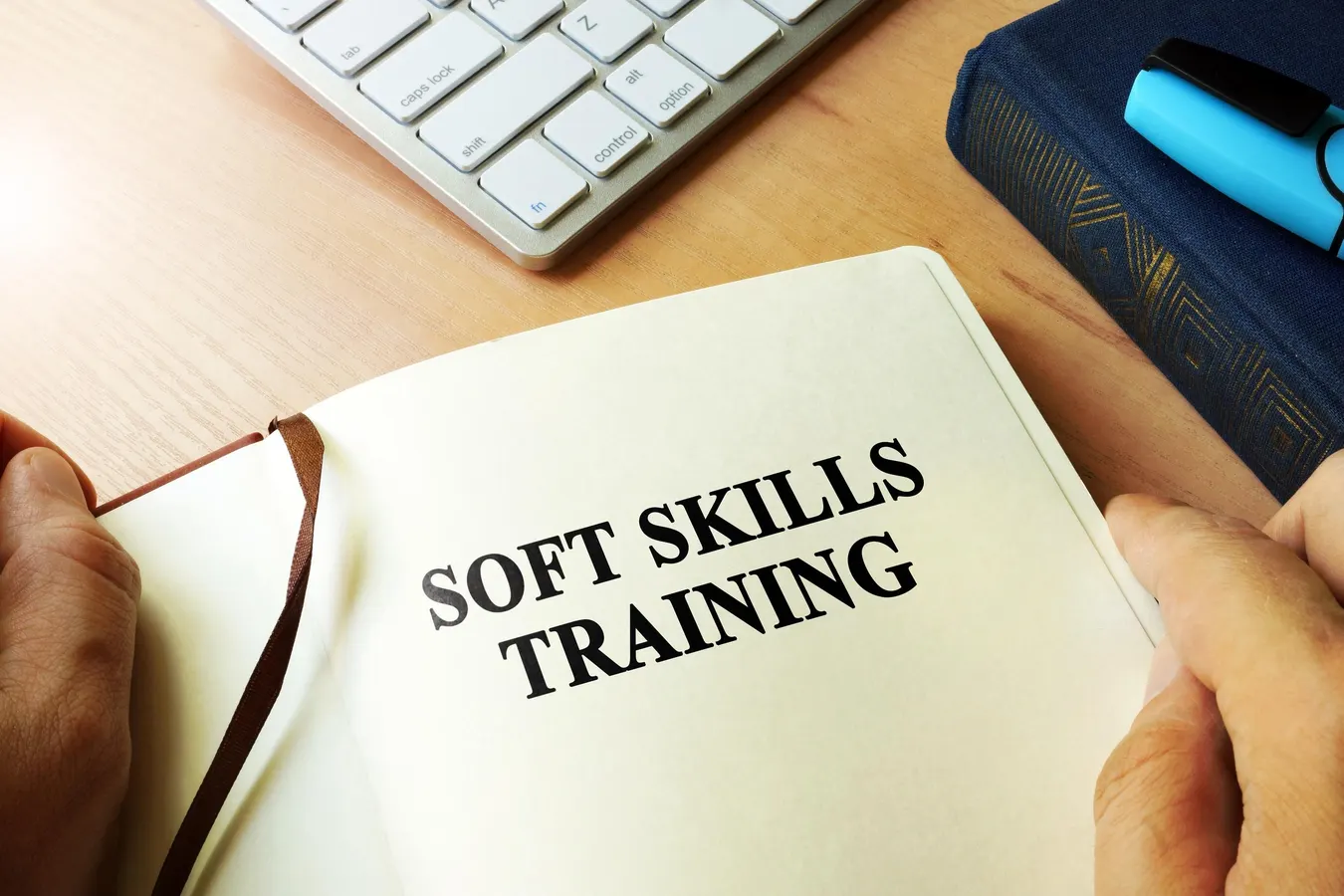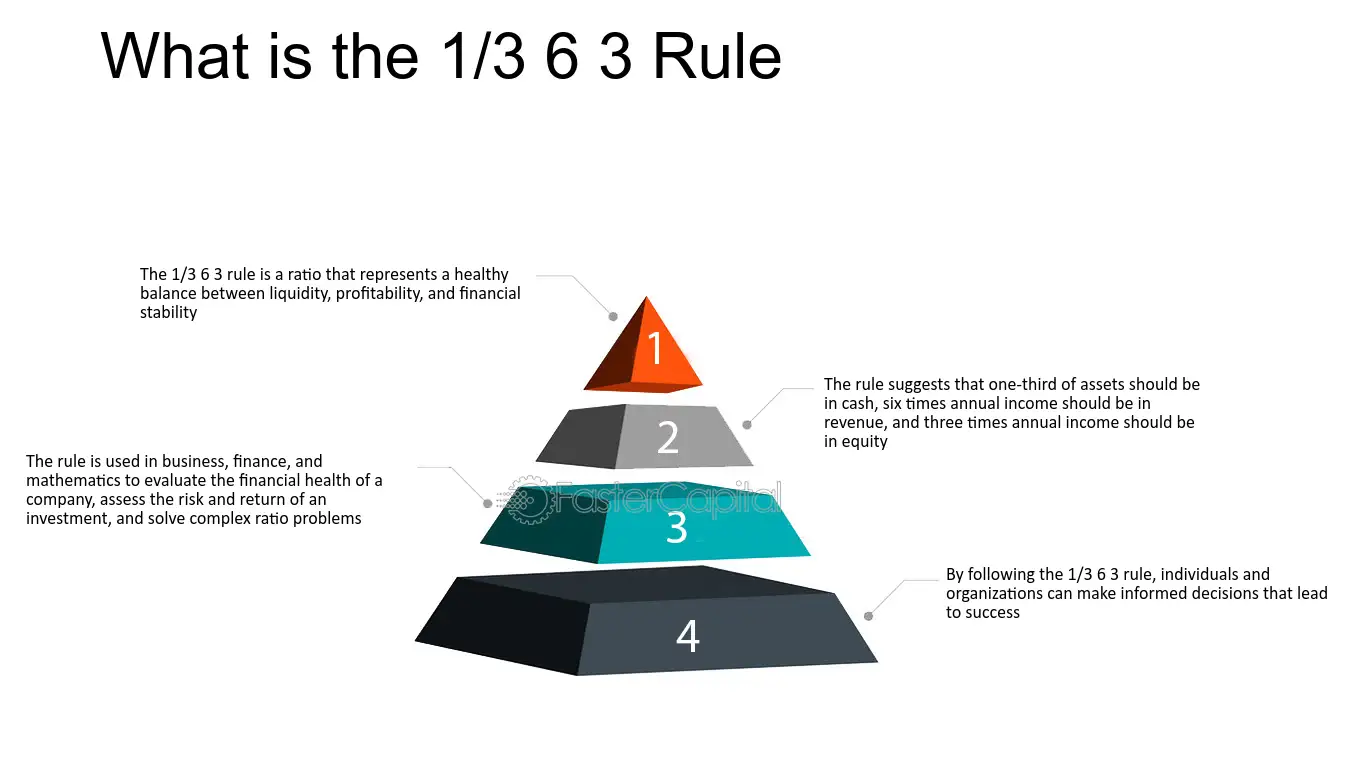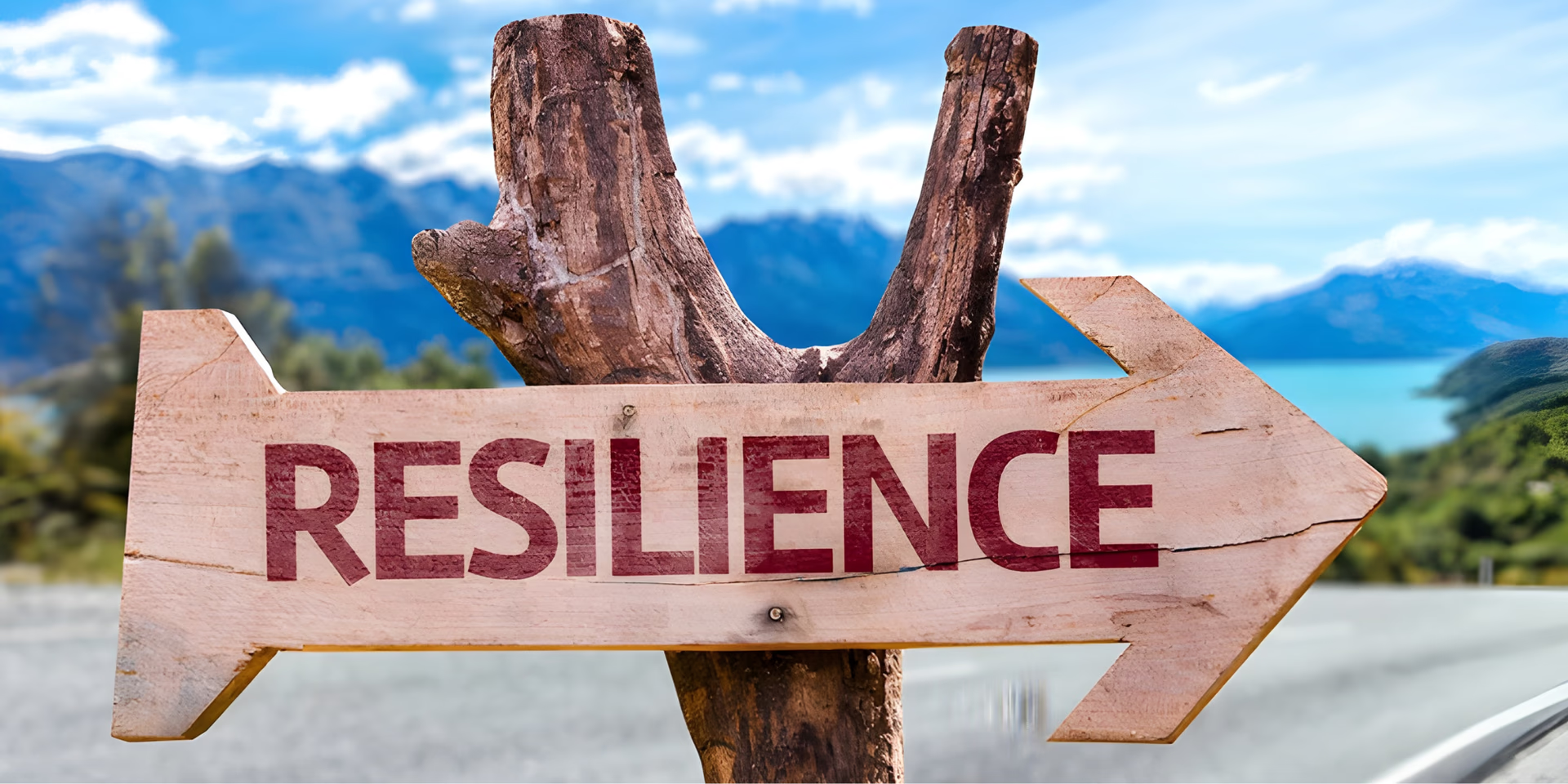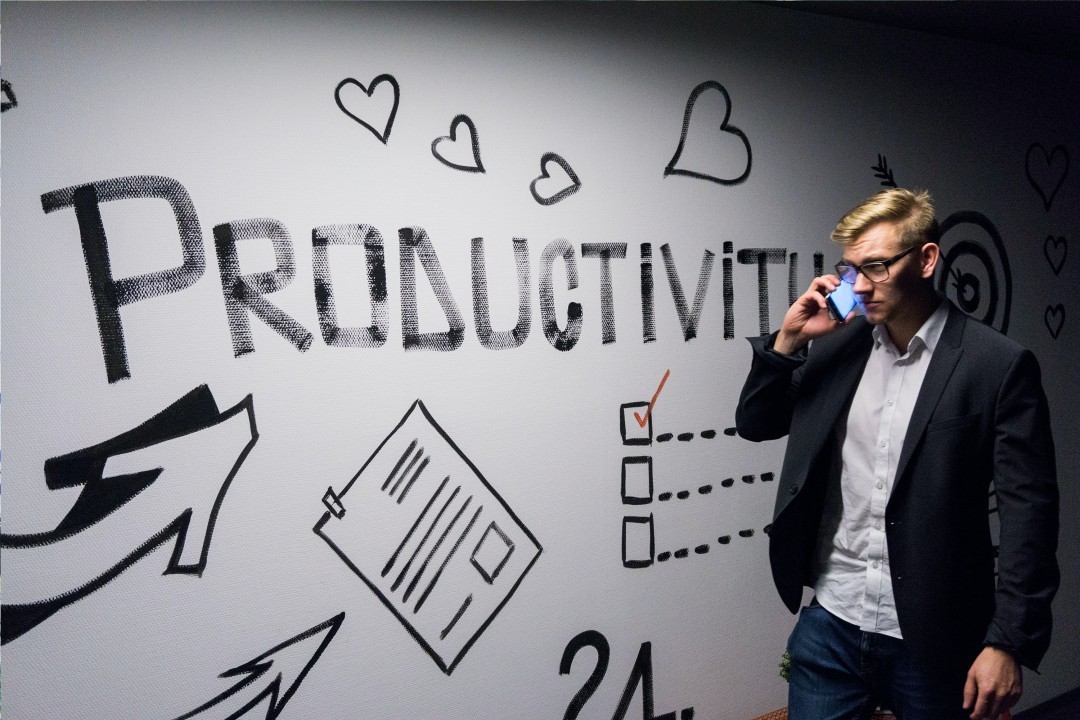Mindfulness doesn’t always require sitting still in silence — combining movement and nature can deepen the practice and boost its benefits. One powerful but often
Category: Personal Development
Why Micro-Goals Could Be the Secret to Massive Productivity Gains
In the world of productivity and personal growth, setting big vision-goals can feel inspiring—but often, it’s the smaller, precise goals that drive sustained action and
Mindful Tech: How Modern Devices Are Redefining Mindfulness Practice for the 21st Century
In the digital-age evolution of mindfulness, technology is emerging as a powerful ally—and not just a distraction. Wearable devices, apps and biofeedback tools are increasingly
Why Soft Skills Will Define Career Success in 2030: Insights for Today’s Professionals
In a rapidly changing job market, technical expertise alone is no longer enough to secure long-term career success. According to the Future of Jobs Report
The One-Third Rule: A Simple Yet Powerful Approach to Financial Wellness
In personal finance, complexity often overshadows clarity—but a growing body of research points to the One-Third Rule as a straightforward, resilient strategy for financial stability.
Embracing Skill-Based Hiring, How to Future-Proof Your Career in 2025
In 2025, there’s a noticeable shift in how employers evaluate candidates—many are moving away from traditional metrics like degrees and years of experience, and toward
Mastering Career Resilience, Navigating Setbacks with Confidence
In today’s fast-evolving work environment, setbacks—from unexpected project failures to layoffs—are increasingly common. Proven by seasoned career coaches and organisational psychologists, building career resilience allows
Emergency Funds: The Key to Financial Peace and Emotional Resilience
Creating an emergency fund is more than a savvy financial strategy—it’s a foundational pillar of financial wellness, bringing peace of mind and emotional stability. According
Unlocking Peak Productivity, The Power of the 5-5-5-3 Method
In the quest for enhanced focus and productivity, the 5-5-5-3 method has emerged as a transformative approach. This technique, introduced by transformation coach Jo Irving,
Harnessing Micro-Learning: Small-Scale Learning Strategies for Big Career Growth
Micro-learning—bite-sized, focused bursts of education—can revolutionise professional development. Unlike lengthy courses or seminars, micro-learning delivers compact, high-impact content that fits into busy workdays. By accessing

